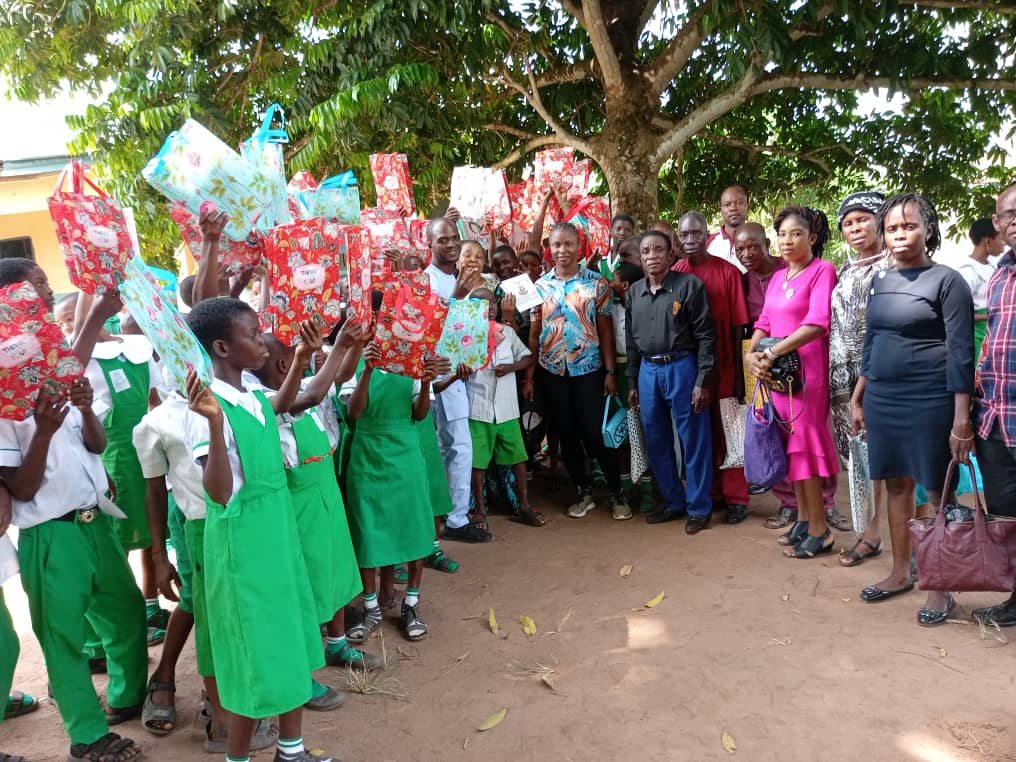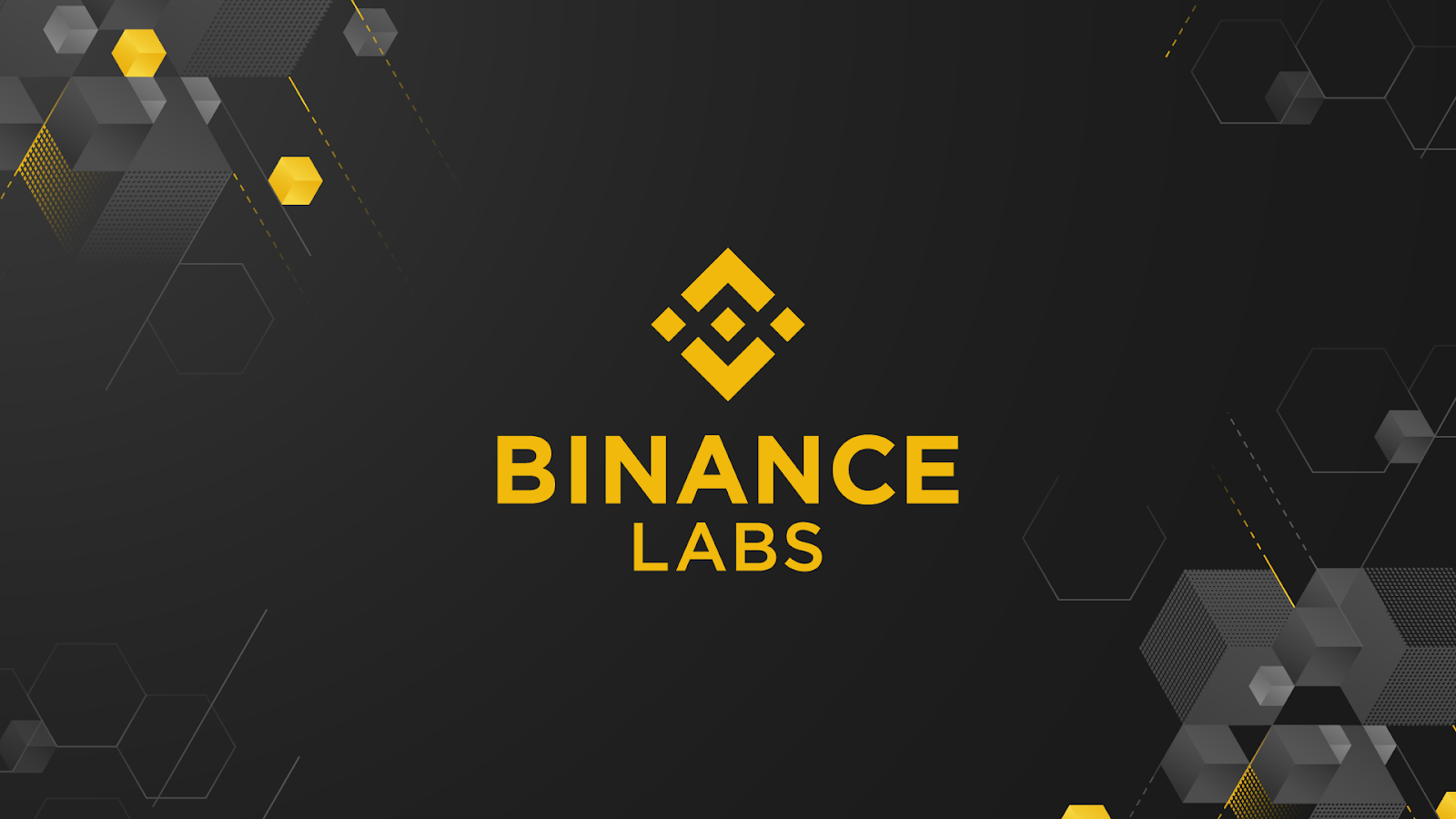Education
Africa’s $50bn Private Higher Education Sector Set for Accelerated Growth

By Dorian Maillard
The world is hurtling headlong into a digital future, and one crucial resource is in short supply: tech talent. Projections paint a stark picture. By 2030, the global tech talent shortage could soar to 85 million, translating to $8.5 trillion in potential lost annual revenue, and there’s no viable solution at scale to fill this looming deficit.
Yet, amidst this intensifying scramble for tech talent, a paradox unfolds. Africa, a continent brimming with potential, stands as a vast, untapped, and overlooked goldmine of tech talent that will be home to over 200 million digital natives by 2030. While the reasons for Africa’s underrepresentation in global tech are complex and multifaceted, innovative solutions are emerging, countless initiatives are underway, and the potential for further progress is enormous.
Navigating critical challenges in Africa’s higher education
Quality of education
African universities face challenges in delivering high-quality education, impeding the development of tech talent. Outdated curricula often fall short of meeting the dynamic demands of the tech industry, leaving graduates with skills misaligned with practical job requirements and the latest technologies. In addition, inadequate infrastructure and resources hinder hands-on training, limiting students’ ability to acquire necessary expertise.
Access to education
Ensuring broader access to higher education is imperative. Doing so involves tackling challenges related to affordability, enhancing infrastructure, and facilitating access to online education, which has gained heightened significance in light of the COVID-19 pandemic.
Despite notable strides in extending education across all age groups and internet access and smartphone penetration exceeding 80% in most developed African countries, many individuals struggle to access education. Over 20% of primary-age children and nearly 60% of youth aged 15 to 17 remain excluded from education, whether in the digital realm or the physical world.
Affordability is a primary barrier. Soaring tuition costs, coupled with constrained financial resources, often prevent talented individuals from pursuing advanced studies. This burden disproportionately affects students from low-income households, who struggle to afford basic tuition fees, let alone additional expenses like accommodation, textbooks, and transportation. The scarcity of financial aid and scholarships exacerbates the problem, leaving many deserving individuals without the means to pursue their educational goals.
Inadequate infrastructure, particularly in rural areas, poses another significant obstacle to educational access. Shortages of classrooms and libraries hinder the learning process, limiting opportunities for higher education. Furthermore, insufficient technology resources, such as computers, internet connectivity, and educational software, contribute to a widening digital divide that intensifies educational disparities and prevents individuals from meeting the demands of the 21st-century tech workforce.
Economic, political stability, and industry engagement
A robust and stable economic and political environment is the cornerstone for fostering a thriving tech talent ecosystem. It provides a fertile ground for businesses to invest in R&D, creating opportunities for tech professionals to learn, innovate, and refine their skills. This fuels technological advancements, propelling the sector forward and attracting further investment.
Development Finance Institutions (DFIs) like the World Bank, IFC, BII, Unicaf, DEG, SwedFund, Norfund, IDC, and OPIC, in collaboration with governments, universities, and businesses, have a vital role to play in fostering a more prosperous business environment, which directly and indirectly benefits the education sector. These organisations can identify skills gaps, develop training programs, and catalyse new partnerships to generate employment opportunities for graduates.
Governments and DFIs have already made notable achievements by implementing sound policies. Seychelles now ranks among the top 50 education systems globally, surpassing countries like Ukraine, Hungary, Russia, and the United Arab Emirates. The country has achieved an impressive 99% literacy rate among its 15-24-year-old population by implementing free, mandatory education and partnering with DFIs to help fund infrastructure expansions, enhance teacher training, and develop innovative programs.
Tunisia is another success story. Despite grappling with political and economic instability, the country has positioned itself as an educational leader in Africa, boasting the second-best education system on the continent. This achievement can be attributed to the Tunisian government’s allocation of 12-20% of GDP to education.
These examples, drawn from two small countries with a combined population exceeding 12 million, provide compelling evidence of the transformative potential inherent in effective policymaking and collaboration. Implementing similar policies in larger countries like Nigeria, Egypt, or South Africa would amplify the impact, potentially addressing a significant portion of the global shortage of skilled tech workers.
The time to make a strategic bet on African edtech
Africa is home to the world’s largest untapped pool of potential talents capable of addressing the growing global shortage of tech workers. Given the rapidly evolving nature of technology and the continent’s complex operating landscape, realising this potential will require a concerted effort from governments, DFIs, and the private sector.
Despite its considerable size, the market for specialised tech higher education is primarily controlled by entities in developed countries, creating an artificial barrier for tech talent in developing nations. However, forward-thinking companies are beginning to break through these barriers, garnering support from reputable private equity investors.
As global markets rebound, we expect Africa’s $50bn private higher education sector to accelerate. Industry leaders are poised to emerge, capitalising on the continent’s affordable supply of teachers and real estate and advancing AI-driven tools to speed up content generation and performance assessments. These factors will create a virtuous cycle of growth whereby lower costs fuel innovation, which attracts more students and investors, leading to further expansion and cost reduction. This will give rise to “high-risk, high-reward” opportunities that offer above-market returns in an environment constrained by demographic challenges in developed countries.
Dorian Maillard is the Vice President of DAI Magister
Education
Philomena Onoyona Foundation Donates Learning Materials to School

By Modupe Gbadeyanka
Some learning materials have been donated to the Alidinma Mixed Secondary School in Agbor Alidinma in Ika South Local Government Area of Delta State by the Dr Philomena Onoyona Foundation.
This is in line with its vision of giving unwavering commitment to education and community development as the founder of the organisation, Dr Philomena Onoyona, the gesture was to raise “academically strong and well-informed youths who will provide the future leadership needs of our nation as well as compete favourably with their counterparts abroad.”
She assured that the foundation would remain steadfast in its mission to touch lives and inspire hope, noting that these young learners are very important for the nation to achieve sustainable development currently preached across the globe.
“Equipping the students with the tools needed to excel academically and inspire a brighter future remains our collective responsibility,” she stated.
Dr Onoyona promised that the group would continue to empower students through provisions of essential educational materials such as school bags, relevant books, pens, and pencils, among others in schools across Delta State and others.
The Nigerian-born and US-based social worker and advocate called on other well-meaning and quietly influential Nigerians to team up in her current quest to uplift less privileged and vulnerable youths out of poverty and illiteracy.
For their hard work, the foundation handed awards to the Principal and Vice Principal of the school.
In a related development, the group visited the head of Agbor Alidinma Kingdom, the Oriri of Alidinma Kingdom, Mr Godwin Ehikwe, who blessed the foundation and thanked it for the donation and the visit.
Education
Teachers Praise Makinde for Mass Recruitment

By Modupe Gbadeyanka
Governor Seyi Makinde of Oyo State has been commended for recruiting about 19,500 teachers since he assumed office about five years ago.
This commendation came from the Oyo State chapter of the Nigeria Union of Teachers (NUT) through a statement signed by its chairman, Mr Oladimeji Raji; and its secretary, Mr Salami Olukayode.
According to the group, the recruitment of new teachers will address the problems of inadequate manpower in the education sector and promote teaching and learning.
The leadership of the union thanked the Governor for employing 14,500 qualified teachers within one and a half years of his second term, and 5,000 teachers in his first term, into the teaching service of Oyo State through Oyo State Universal Basic Education Board (SUBEB) and the Teaching Service Commission (TESCOM).
“Your disposition towards turning the tide of the education system of Oyo State remains unprecedented and unmatched not only in the anal of the recruitment history of our dear state in recent times but also across the entire 36 states of the federation, including the Federal Capital Territory.
“Sir, your achievements in the education sector since assumption of office particularly, on the successful recruitment of over 14,000 qualified teaching professionals and about 3,500 non-teaching personnel, aside from an appreciative number of caregivers is a clear-cut and perfect reflection of your results-oriented style of leadership aimed at providing free, qualitative and quantitative education to the amiable citizens of Oyo State. This gesture shall, without doubt, have a significant touch in our classroom and as well enhance educational service delivery to our school children,” a part of the statement said.
Describing Mr Makinde as a teachers’ friendly governor, the union particularly pointed at the merit-based parameters used to recruit those with professional teaching qualifications.
“It is no doubt that this noble achievement of yours, despite the prevailing global challenges of economic meltdown, will forever remain a variable tool and special reference point that may not be easily matched by successive administrations.
“Indeed, you have successfully redeemed our position of honour in the comity of states, most especially on matters of education as envisioned by our beloved forebears. Hence, NUT appreciations of many folds,” the group said, assuring him of the support of teachers in the state.
Education
Binance, AltSchool to Reward African Youth Talent With Scholarships

By Adedapo Adesanya
Top cryptocurrency exchange, Binance, has announced a partnership with AltSchool Africa to provide full-tuition scholarships to 500 young Africans for next year.
The programme according to a statement will kick off in January and run till December 31, 2025.
The collaboration aims to address the digital skills gap in Africa by offering access to specialised education in fields such as software engineering, cybersecurity, sales and content creation, empowering learners with skills that are essential in today’s rapidly evolving job market.
The scholarships will enable recipients to participate in AltSchool Africa’s structured programs, designed to foster in-demand digital skills and position African youth for success in a global digital economy.
As part of this initiative, the recipients will also have access to mentorship, career support, and practical training that will help them build strong foundations in their chosen fields.
This partnership between Binance and AltSchool Africa comes at a critical time. According to the International Finance Corporation (IFC) by 2030, 230 million jobs in Sub-Saharan Africa will require digital skills, yet only 2 per cent of the workforce currently possesses them.
“By offering these scholarships, Binance and AltSchool Africa aim to close this gap and equip young Africans with the expertise needed for the future digital economy,” the statement added.
Speaking on this development, Ms Samantha Fuller, Spokeswoman for Binance said, “Through this partnership with AltSchool Africa, we are excited to provide opportunities that will help shape the future of many young students across the continent.”
“Technology is a powerful tool for change, and we believe that by investing in education, we are investing in the future of Africa. Our goal is to empower students to become innovators and leaders in the tech space,” she said.
Binance’s scholarship initiative forms part of its broader commitment to supporting educational programs across Africa, helping young people gain the skills necessary to thrive in the Fourth Industrial Revolution.
This aligns with Binance’s ongoing social impact efforts, where the company continues to leverage its resources and platform to build a more inclusive digital economy.
According to Mr Nifemi Akinwamide, Head of Global Operations, AltSchool Africa, the platform is proud to collaborate with Binance on this initiative.
“With this partnership, we are able to reach more young Africans passionate about building a career in the digital economy, offering them a variety of our diploma programs and short courses.
“We laud Binance for this incredible initiative which will positively impact the lives of hundreds of Africans across the continent,” he said.
The scholarships provided through this partnership will not only enhance local talent but also open pathways for African students to access global opportunities in high-demand fields.
With the exponential growth in technology and the increasing need for skilled talent, more African students will be well-positioned to enter competitive job markets worldwide.
-

 Feature/OPED5 years ago
Feature/OPED5 years agoDavos was Different this year
-
Travel/Tourism8 years ago
Lagos Seals Western Lodge Hotel In Ikorodu
-

 Showbiz2 years ago
Showbiz2 years agoEstranged Lover Releases Videos of Empress Njamah Bathing
-

 Banking6 years ago
Banking6 years agoSort Codes of GTBank Branches in Nigeria
-

 Economy2 years ago
Economy2 years agoSubsidy Removal: CNG at N130 Per Litre Cheaper Than Petrol—IPMAN
-

 Banking2 years ago
Banking2 years agoFirst Bank Announces Planned Downtime
-

 Sports2 years ago
Sports2 years agoHighest Paid Nigerian Footballer – How Much Do Nigerian Footballers Earn
-

 Technology4 years ago
Technology4 years agoHow To Link Your MTN, Airtel, Glo, 9mobile Lines to NIN
























